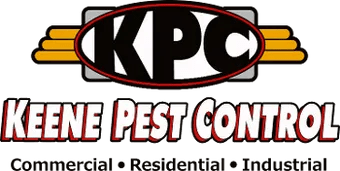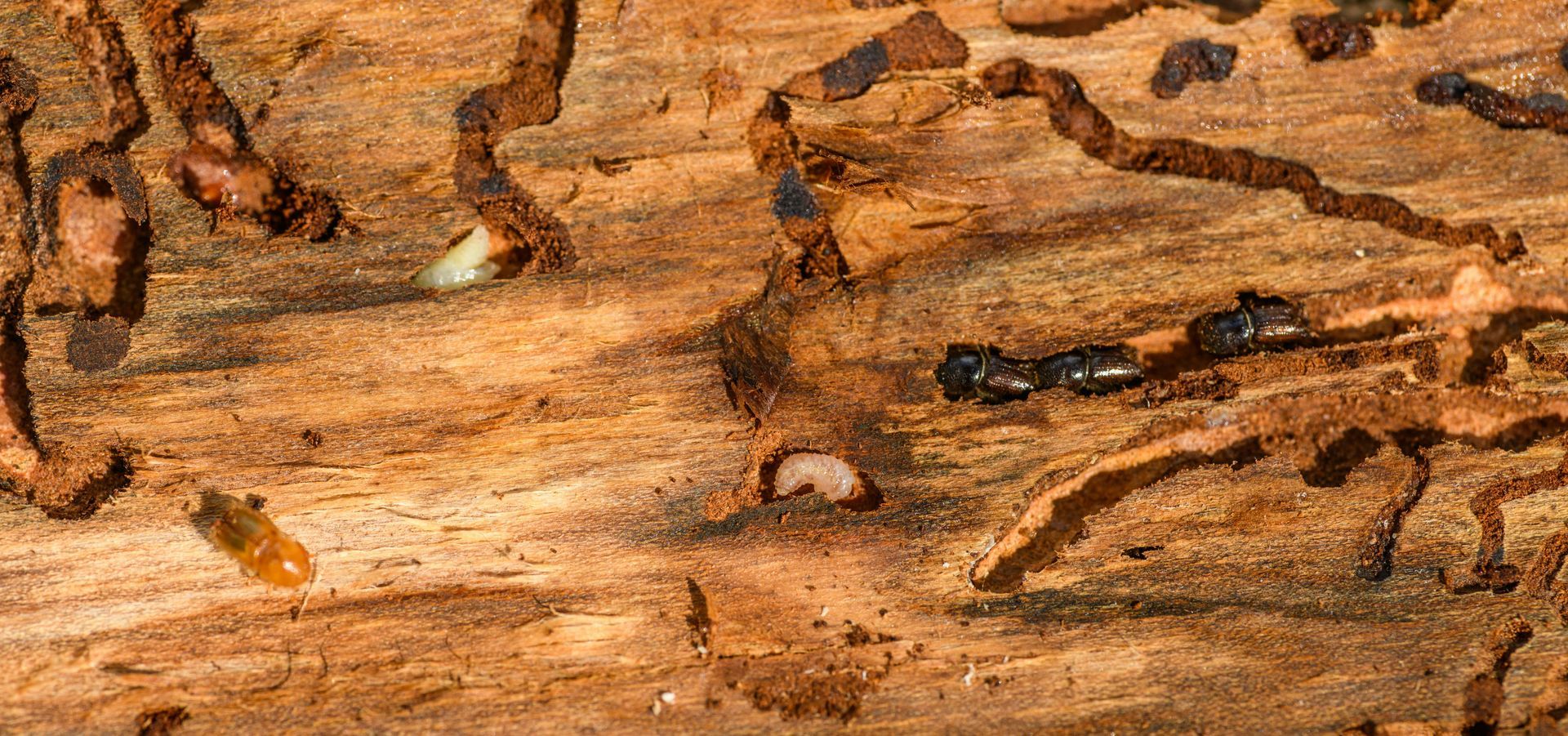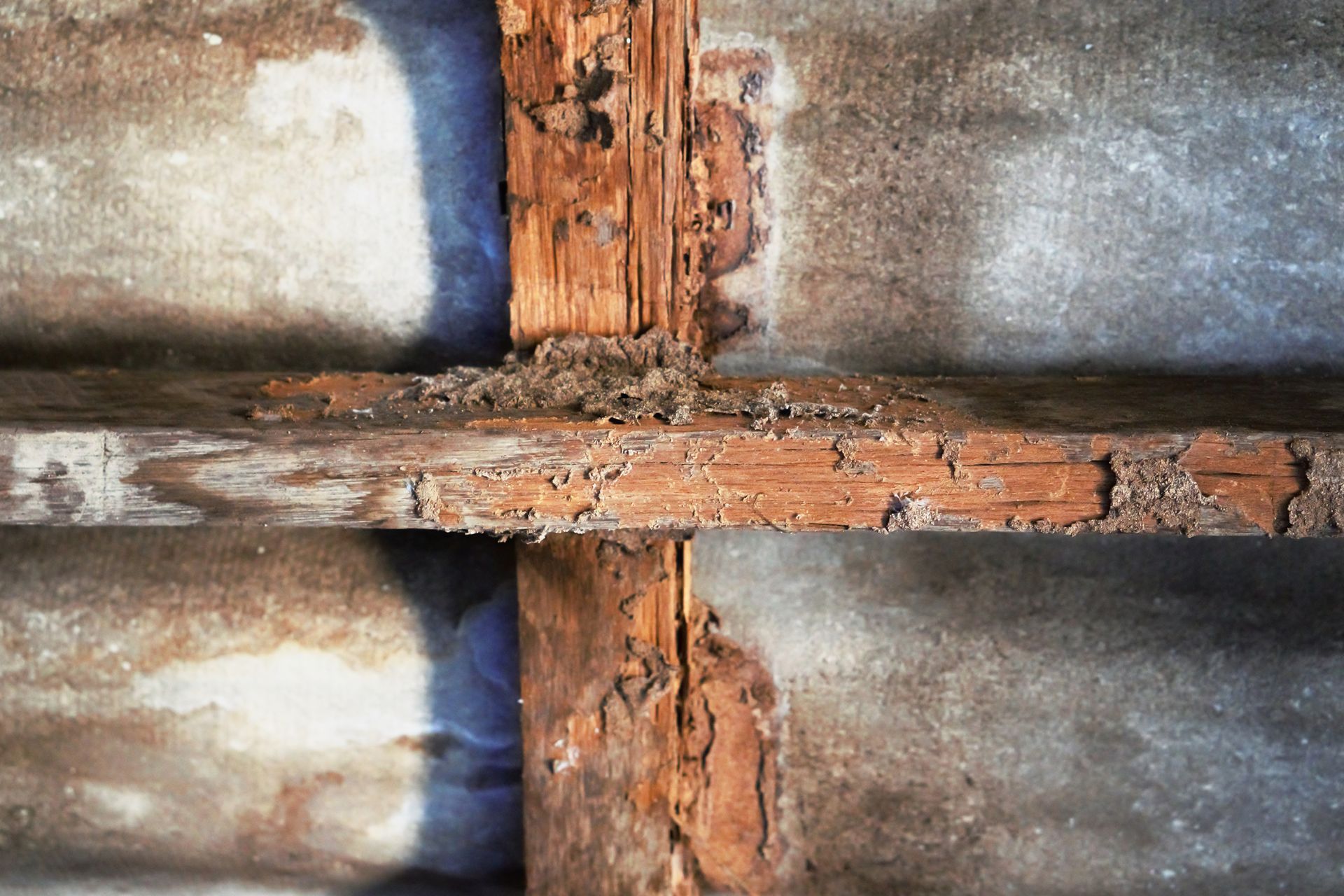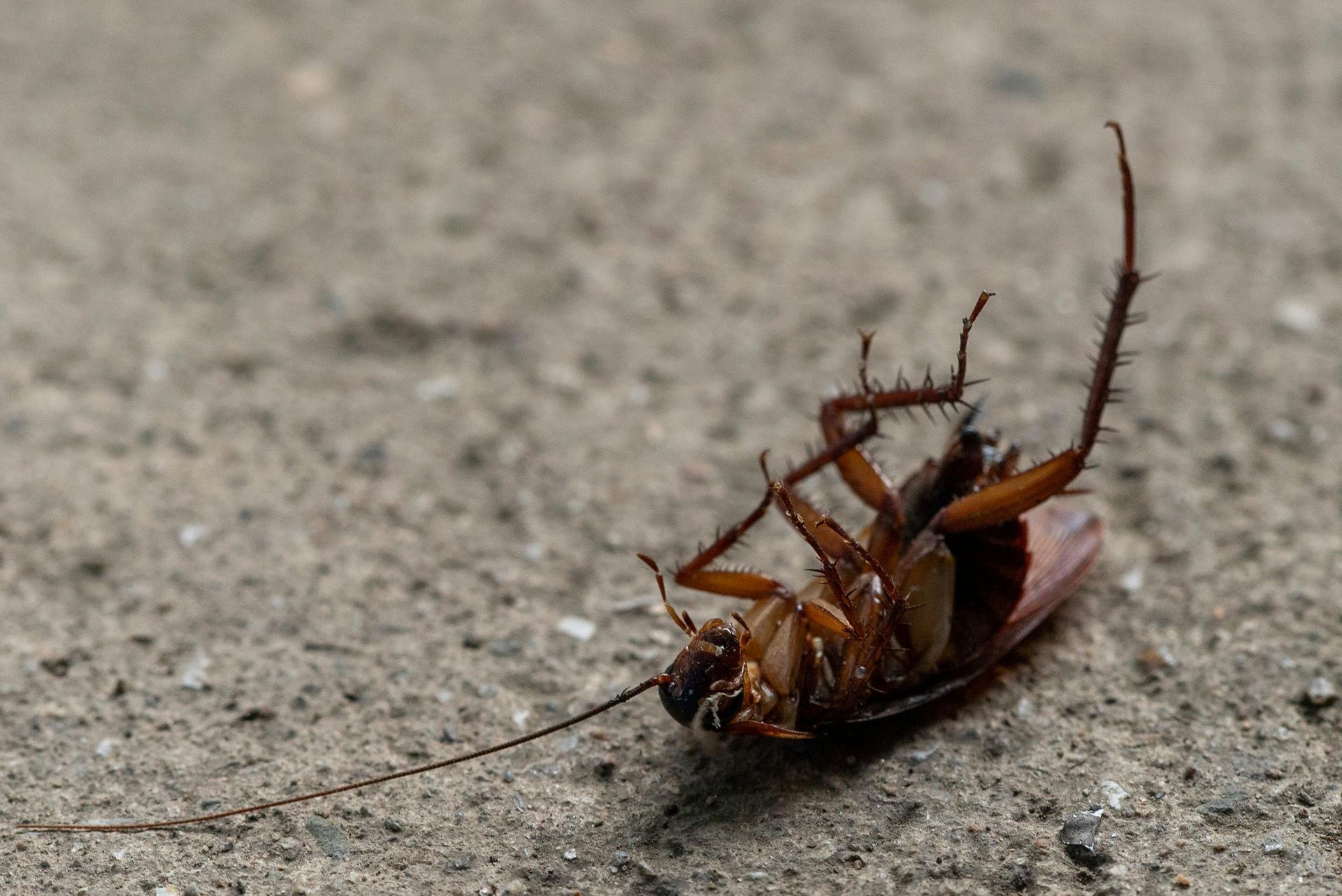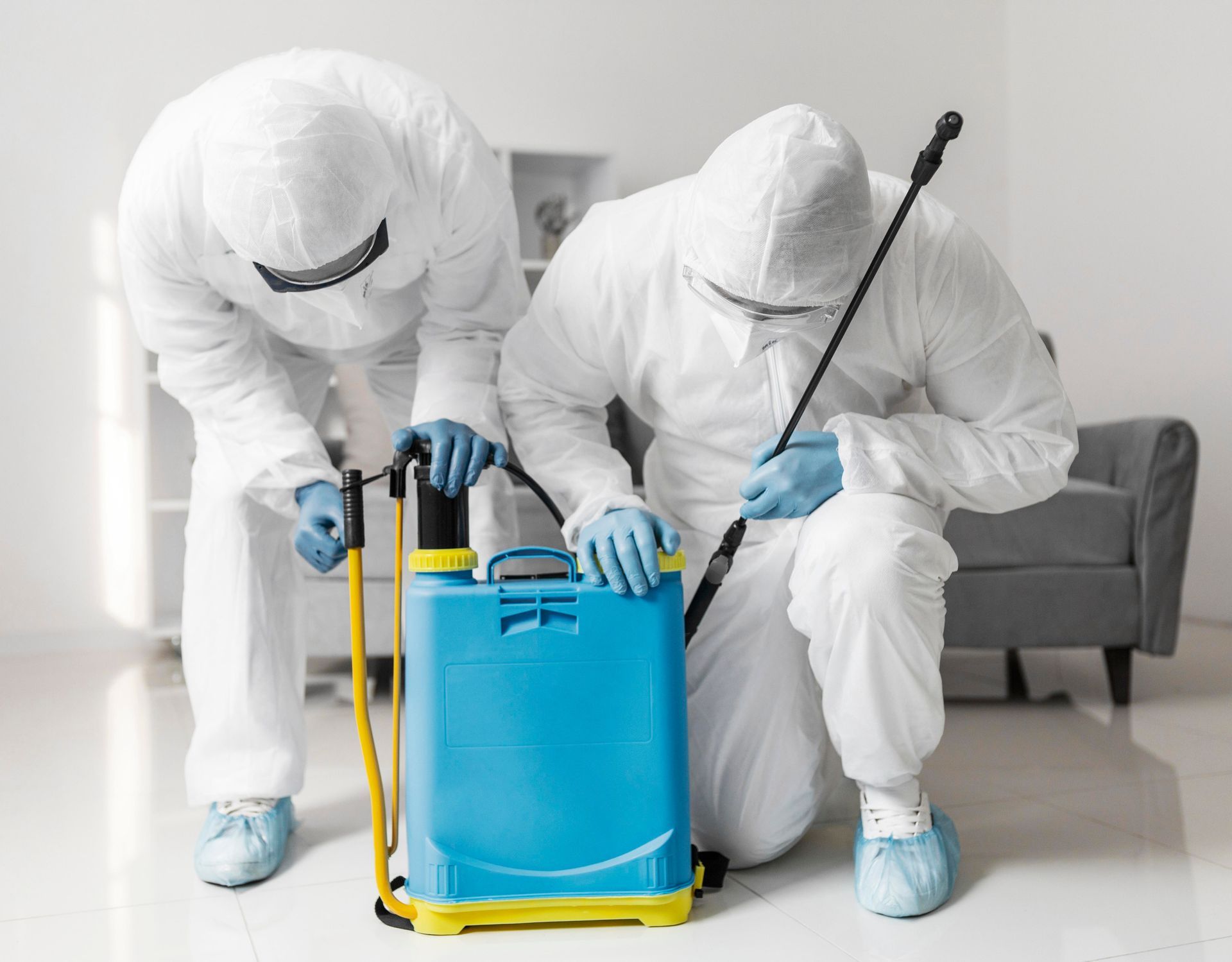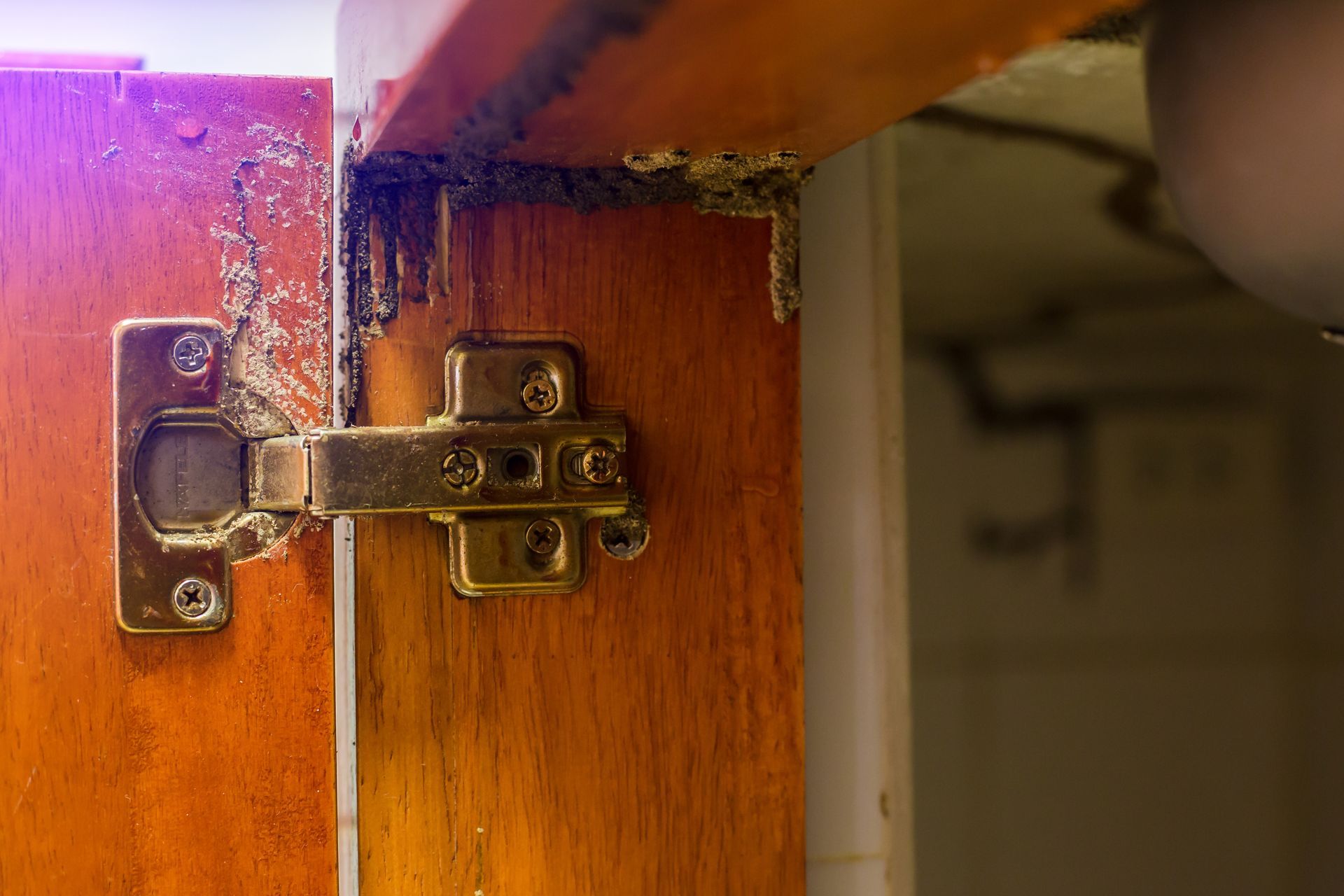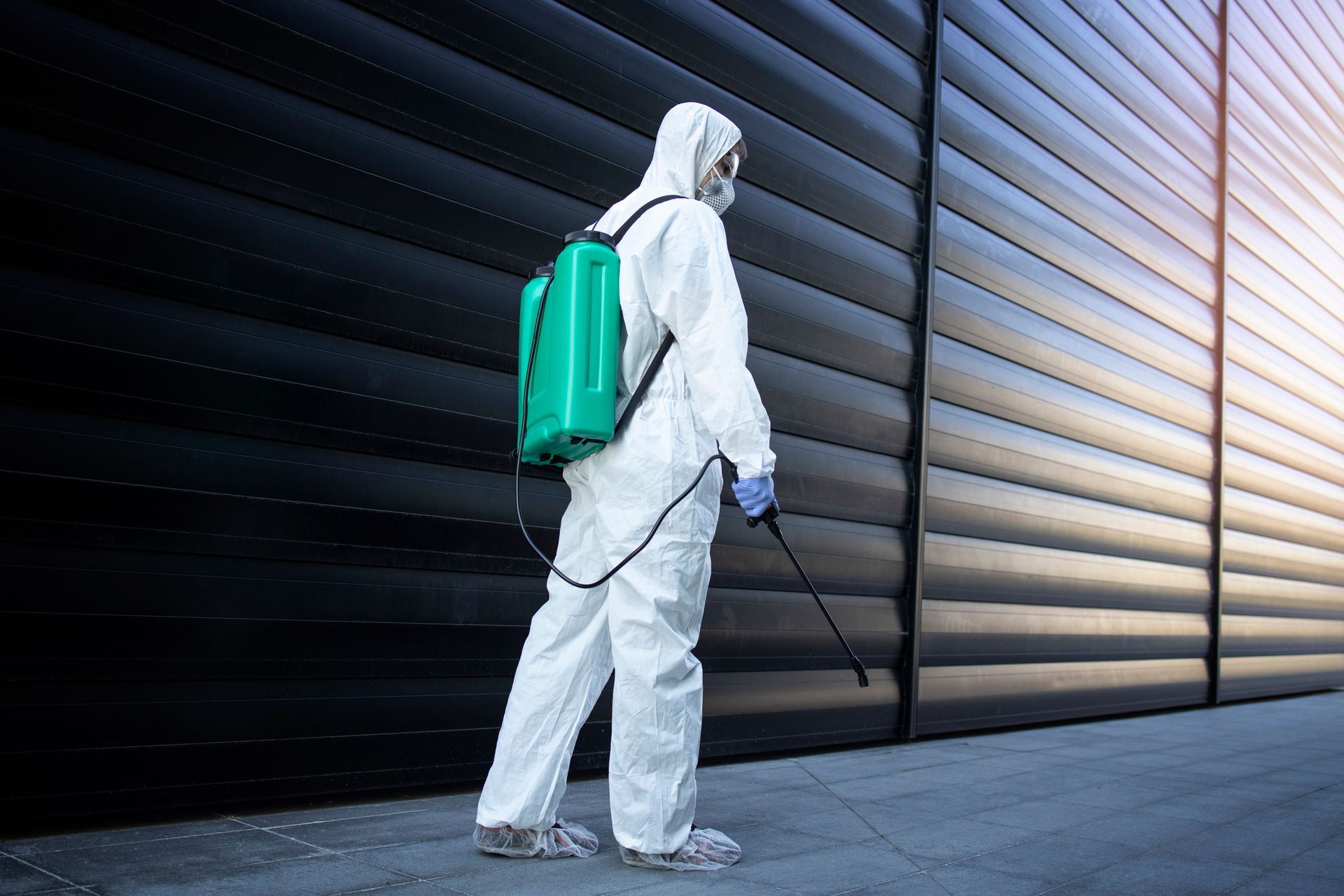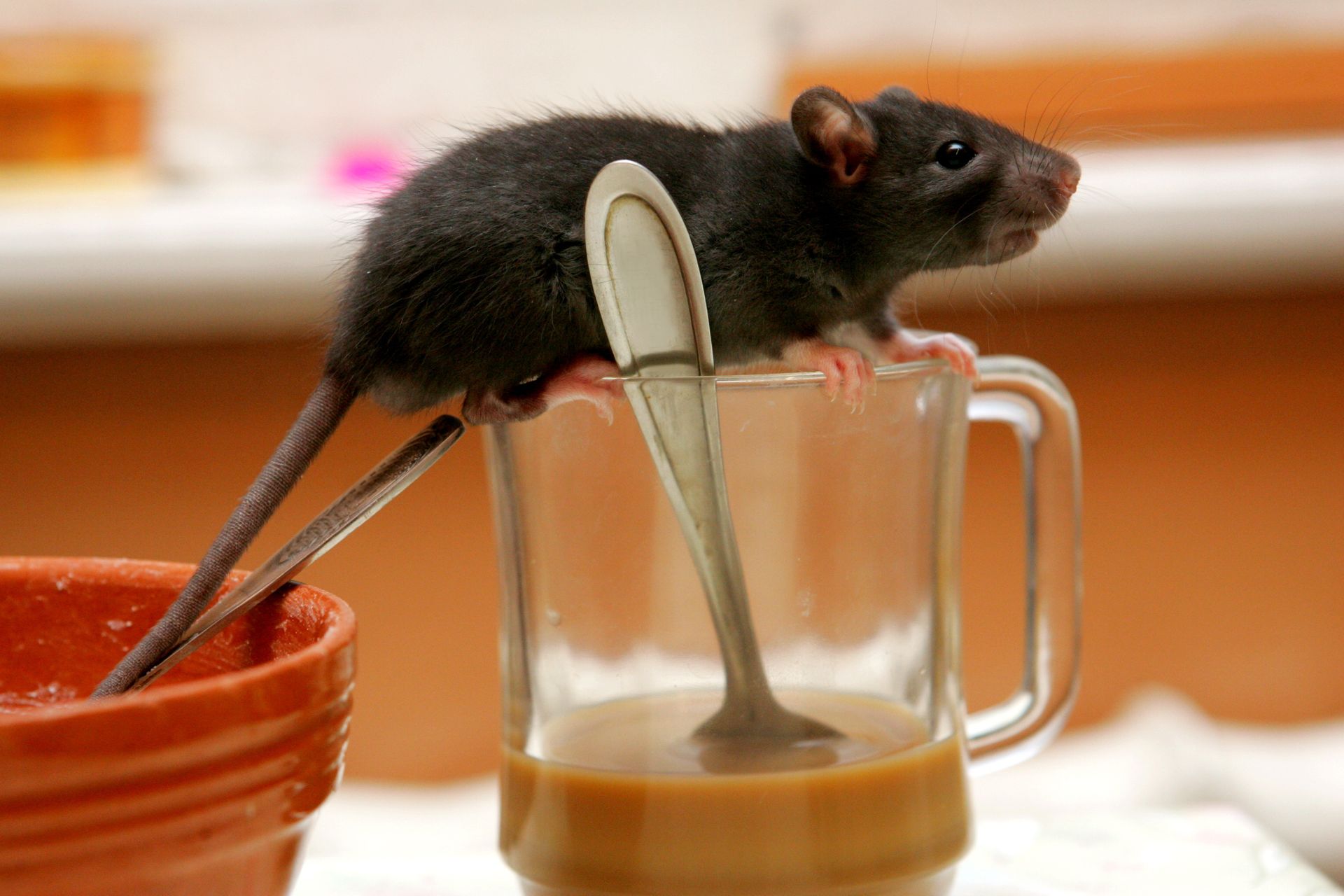Keene Pest Control
Effective Termite Treatment: Protect Your Home with Professional Services
They might be small, but termites don’t play around. In fact, they cause billions of dollars in damage every year — and most of it happens before homeowners even notice. One day your house is fine. The next, it’s got more chew marks than a dog toy.
This post is your complete guide to effective
termite treatment, from identifying the signs of an infestation to understanding your options for
termite control. We’ll also talk about
termite treatment chemicals, how they work, and why calling the pros (hint: like
Keene Pest Control) is the smartest move if you value your walls, floors, and peace of mind.
Understanding Termites: Know Your Enemy
Before we dive into treatments, let’s take a minute to understand who (or what) you’re dealing with. Termites aren’t just random bugs. They’re organized, destructive, and disturbingly good at their jobs.
Common Types of Termites:
- Subterranean Termites: The most common — and most destructive. They live underground and build mud tubes to travel between food sources and their nest.
- Drywood Termites: These live directly inside wood and don’t need soil contact. They’re common in warmer climates and often infest furniture.
- Dampwood Termites: Found in — you guessed it — damp wood. Think leaky basements, old sheds, or that soggy firewood pile you meant to clean up last year.
Signs You May Have Termites:
- Hollow-sounding wood when tapped
- Tiny holes in drywall or baseboards
- Mud tubes on foundations or walls
- Piles of wings near windows or doors
- Sagging floors or doors that suddenly stick
If any of these sound familiar, stop reading and start dialing. But if you're here to prevent damage before it happens, read on.
Why Professional Termite Control Is Essential
There are DIY termite “solutions” out there, sure. But when you’re up against a pest that works 24/7 and lives in colonies of up to two million, the odds are not in your favor. That’s why professional termite control isn’t a luxury — it’s a necessity.
Here’s what the pros bring to the table:
- Expert Inspections: Technicians know where to look and what to look for. They’ll spot the signs you might miss — and they’ll do it quickly.
- Customized Treatment Plans: Every infestation is different. Professionals tailor the solution to your home, the type of termite, and the level of infestation.
- Access to Professional-Grade Chemicals: The termite treatment chemicals available to licensed professionals are far more effective than anything you can grab off a store shelf.
- Ongoing Monitoring and Prevention: It’s not just about killing termites. It’s about keeping them away for good. That means future inspections, preventive barriers, and peace of mind.
Reality check: By the time you see visible damage, termites have likely been feasting for months. Don’t wait until your floor caves in during dinner.
Termite Treatment Options: What Really Works
When it comes to termite treatment, there’s no one-size-fits-all solution. The best option depends on the termite type, the size of the infestation, and your home’s structure.
Types of Termite Treatments:
- Liquid Barrier Treatments: Applied around the foundation, these termite treatment chemicals create a barrier that termites can’t cross. They’re highly effective and long-lasting.
- Bait Systems: These involve placing bait stations around your home. Termites take the bait back to the colony, wiping out the nest from within.
- Foam and Dust Treatments: Used in hard-to-reach places like wall voids, attics, and crawl spaces. These are great for drywood termites.
- Wood Treatments: These products penetrate the wood and protect it from termites. Ideal for new construction or treating high-risk areas.
- Fumigation (Tent Treatment): This is the nuclear option — used for widespread infestations, especially of drywood termites. Effective but requires you to vacate the premises for a few days.
Each method has its pros and cons:
| Treatment Type | Best For | Pros | Cons |
|---|---|---|---|
| Liquid Barrier | Subterranean termites | Long-lasting, effective | Requires trenching/drilling |
| Bait Stations | Targeting colonies | Non-invasive, good for prevention | Takes time to work |
| Foam/Dust | Small areas, drywood termites | Reaches hidden spots | May not kill the whole colony |
| Fumigation | Severe infestations | Kills all termites | Expensive, requires prep |
Termite Treatment Chemicals: What’s Actually in There?
Let’s talk chemicals. Because whether you're a science nerd or just want to know what's being sprayed around your home, it's good to understand what’s doing the dirty work.
Common Termite Treatment Chemicals:
- Fipronil: A non-repellent termiticide used in liquid barriers. Termites don’t detect it — so they walk right through, carry it back to the colony, and boom.
- Imidacloprid: Another non-repellent that works like a slow poison. It spreads through the colony before symptoms show up.
- Hexaflumuron: Used in bait systems. This chemical stops termites from molting, eventually killing the colony.
- Bifenthrin and Permethrin: Repellent chemicals that kill on contact. Good for keeping termites out, but not always great for eliminating existing colonies.
Are they safe?
When applied by licensed professionals, yes. These products are regulated by the EPA and used according to safety standards. But as always, follow all post-treatment instructions.
Call Keene Pest Control for Effective Termite Control in Walpole, NH
Your Home Deserves Better Than a Termite Buffet
Termites may be small, but they’re mighty — and not in a good way. If you’ve spotted the signs or simply want peace of mind, don’t wait to take action. The team at Keene Pest Control provides professional termite treatment backed by experience, precision, and a commitment to keeping your home safe.
We proudly serve Walpole, NH, and the surrounding areas with reliable
termite control services. Our treatments are safe, effective, and tailored to your property. We also offer
bed bug control,
carpenter ant pest control, and more. Call us today at
(603) 352-7336 to schedule an inspection or get a quote. We’ll help you stop the damage before it starts — or eliminate it if it already has.
FAQs
How long does termite treatment last?
Most liquid barrier treatments last 5 to 10 years, depending on the product and conditions. Bait systems require regular monitoring and maintenance.
Are termite treatment chemicals safe for pets and kids?
Yes, when applied by licensed professionals. Always follow safety guidelines after treatment, such as avoiding treated areas until dry.
How quickly does treatment start working?
Liquid treatments can kill termites within hours. Bait systems may take a few weeks to eliminate the colony.
Will termites come back after treatment?
They can, especially if preventive steps aren’t taken. That’s why regular inspections and maintenance are key.
Do I need to leave my home during treatment?
Not always. Most treatments are safe to stay for, but fumigation requires full evacuation for a few days.
